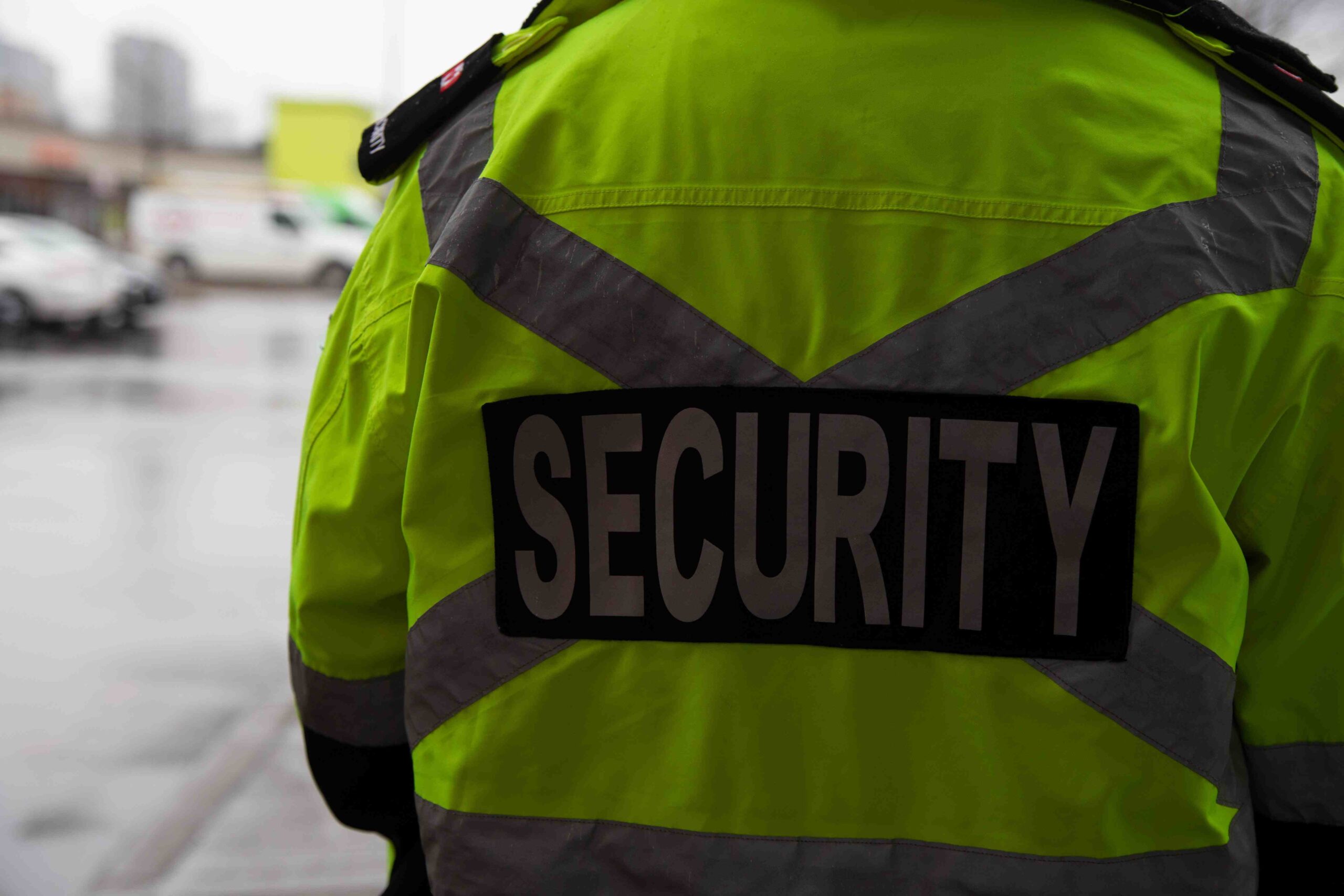Navigating the dynamic environment of retail security comes with its fair share of challenges. From preventing theft to maintaining order and ensuring the safety of customers and staff, retail security guards encounter various obstacles in their line of work. Understanding these challenges is crucial for developing effective strategies to address them. Here are some common challenges faced by retail security guards:
1. Shoplifting and Theft
One of the most prevalent challenges faced by loss prevention security guards is preventing shoplifting and theft. Shoplifters employ various tactics, such as concealing merchandise, using distraction techniques, or working in groups, to evade detection. Security guards must be vigilant and proactive in identifying suspicious behavior and intervening to prevent theft.
2. Crowd Control in retail security
Retail stores often experience high volumes of foot traffic, especially during peak shopping periods or special events. Managing crowds and maintaining order can be challenging for security guards, particularly in crowded areas such as entrances, checkout lanes, or sales events. Effective crowd control strategies are essential to prevent overcrowding, congestion, or potential safety hazards.
3. Customer and Employee Safety
Ensuring the safety of customers and employees is a top priority for retail security guards. They must be prepared to respond to various safety threats, including medical emergencies, accidents, or violent incidents. Security guards must have the training and skills to handle emergency situations calmly and effectively, minimizing risks and ensuring the well-being of everyone onsite.
4. Dealing with Aggressive or Hostile Individuals
Retail security guards frequently encounter aggressive or hostile individuals, whether they are disgruntled customers, intoxicated patrons, or individuals with behavioral issues. De-escalating tense situations and resolving conflicts peacefully requires effective communication skills, empathy, and the ability to remain calm under pressure. Security guards must be trained to defuse confrontations and prevent them from escalating into more serious incidents.
5. Loss Prevention and Asset Protection
Protecting retail assets, including merchandise, equipment, and property, is a constant challenge for security guards. Theft, vandalism, and other forms of criminal activity can result in significant financial losses for retailers. Security guards must implement effective loss prevention strategies, such as surveillance monitoring, access control, and inventory management, to minimize losses and safeguard assets.
6. Technology and Surveillance Challenges
While technology has advanced retail security efforts, it also presents challenges for security guards. Managing and maintaining surveillance systems, alarm systems, and other security technologies requires technical expertise and continuous monitoring. Malfunctions, false alarms, or system errors can compromise security effectiveness and require prompt resolution by security personnel.
7. Staffing and Resource Limitations
Retail security guards often face staffing shortages or resource limitations, particularly during busy periods or events. Limited manpower can strain security resources and compromise the ability to effectively monitor and respond to security threats. Retailers must ensure adequate staffing levels and allocate resources effectively to meet security needs.
8. Legal and Ethical Considerations
Security guards must navigate complex legal and ethical considerations in their role, including respecting individual rights and privacy, adhering to applicable laws and regulations, and using force only when necessary and justified. Balancing security objectives with legal and ethical standards requires careful judgment and adherence to established protocols and procedures.
9. Training and Professional Development
Providing comprehensive training and ongoing professional development opportunities for retail security guards is essential for ensuring their effectiveness and competency. Security guards must receive training in areas such as conflict resolution, emergency response, customer service, and legal requirements. Continuous training and skills development help security guards adapt to evolving security threats and challenges.
10. Collaboration and Communication
Effective collaboration and communication among retail security guards, retail staff, management, and law enforcement agencies are essential for addressing security challenges effectively. Security guards must be able to communicate information, coordinate responses, and work together as a cohesive team to maintain security and respond to incidents.
In conclusion, retail security Melbourne face a myriad of challenges in their efforts to protect retail establishments, prevent theft, and ensure the safety of customers and staff. By understanding and addressing these challenges proactively, security guards can enhance their effectiveness and contribute to creating a safe and secure shopping environment.



